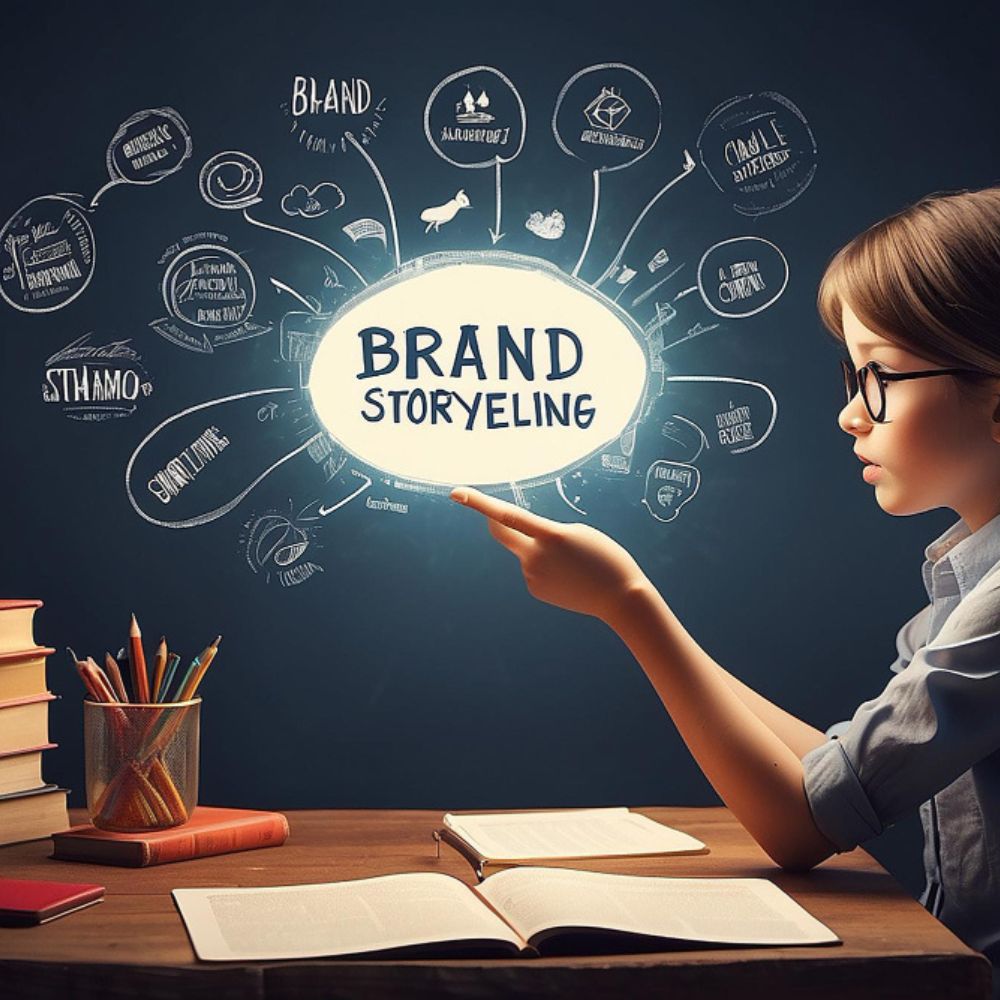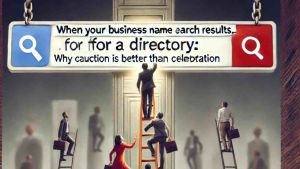There are so many brands that have become synonymous with the job they perform. For example, a certain brand pops up in our heads when tissues are to be bought. These brands have excelled at making a vivid brand personality.
Hi, this is Ravinder Khurana, and today, I’d love to talk about how humanizing a brand over a period of time is of utmost importance.
What is a brand personality? The collection of a brand’s emotional, behavioral, and intellectual patterns is called a brand personality. These traits need to be consistent in order for the audience to understand your brand’s personality. If you still don’t get it, let me unwrap it further. A brand personality is how a brand would behave if it were a human.
Don’t we have certain friends that we call when we’re emotionally down? And then the other set of friends we call because we want to plan a weekend party? Similarly, haven’t we thought about a certain brand when we wanted to have fun? How do you think these brands had the ‘vibe’? I mean, sure, they cannot bump into you while you’re jogging or have lunch with you over the weekends like your friends. Then how are we able to associate these brands with emotion? The answer is Band Personality. Stronger brands usually have stronger traits of love, support, help, fun, or any other emotion as compared to a weaker brands.
I don’t know about you, but I love my friends because they all emit a distinct personality unique to their own, which helps me reach out to them under different circumstances. Their personality plays a central role in the process. A brand personality works in a similar fashion.
Brand personality is also known as personality branding, which is a more integrated version of dispersed elements like brand strategy, brand design, and brand messaging. For example, there are brands that we know are creative and then other brands that are serious and stand with the public against social evils. These brands, ever since they’ve created a strong personality, have seen a spike in their bottom line. The reason is people hate confusing brands and love a brand that connects with them. You cannot create a simple, relatable, and loving brand without any strategy.
Distinct Image
A sought-after brand personality gives you a different image than your competitors. The lines painted by the hand of time over a brand’s face can also be smoothed with a brand personality refresh. Until and unless you’re in some blue ocean marketing business, you have competitors who are selling the same product/services as you. A distinct, more trustworthy brand personality helps in putting your product in a higher position as compared to your competitor. Cultivating a brand character that is unique to your brand so that people come to you when they feel an emotional spike or low results in a successful brand. Now I am not telling you to make emotional things up and then not deliver. I am asking you to create a strong personality and keep on feeding that to your audience.
A brand personality makes your brand more relatable and memorable. A recognizable personality is a sure sign of higher brand awareness. Distinct brand personalities lead to successful brands as the customer is still able to recognize you amidst stronger brand personalities. It is natural for us to incline a bit toward brands and faces that we already know or can relate to.
Personality branding leads to long-term brand loyalty. There are brands that have garnered customer loyalty over a period of time. Anyone who’s buying from them sees the best parts wrapped in stunning packaging. There are brands that have gathered a legion of brand followers. The reason behind the huge popularity is the followers can relate to the brand personality. For example, Gen Z is known to challenge the status quo, and there are brands that started challenging the status quo to attract Gen Z.
These are not the only benefits that your brand can churn out of a distinct brand personality. Of the three kinds of brand benefits, emotional, functional, and self-expressive, brand personalities are good to go with self-expressive benefits. Once the audience starts to see your products as extensions of themselves, they won’t stop buying from you.




